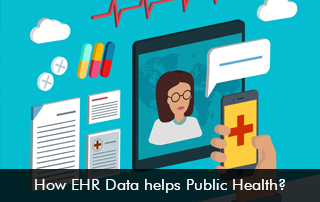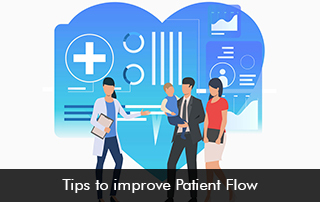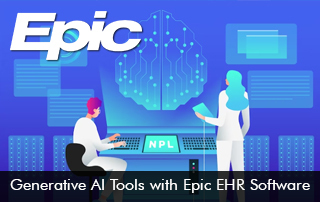Top 3 Administrative Tasks to Automate
As a healthcare provider, you are inclined towards taking care of patients and not focusing on administrative tasks. Unfortunately, operational errands and responsibilities can lead to physician burnout and increased stress levels. Daily administrative tasks also overwhelm staff members leading to additional pressure which can impact job performance levels. What can be done about these [...]











